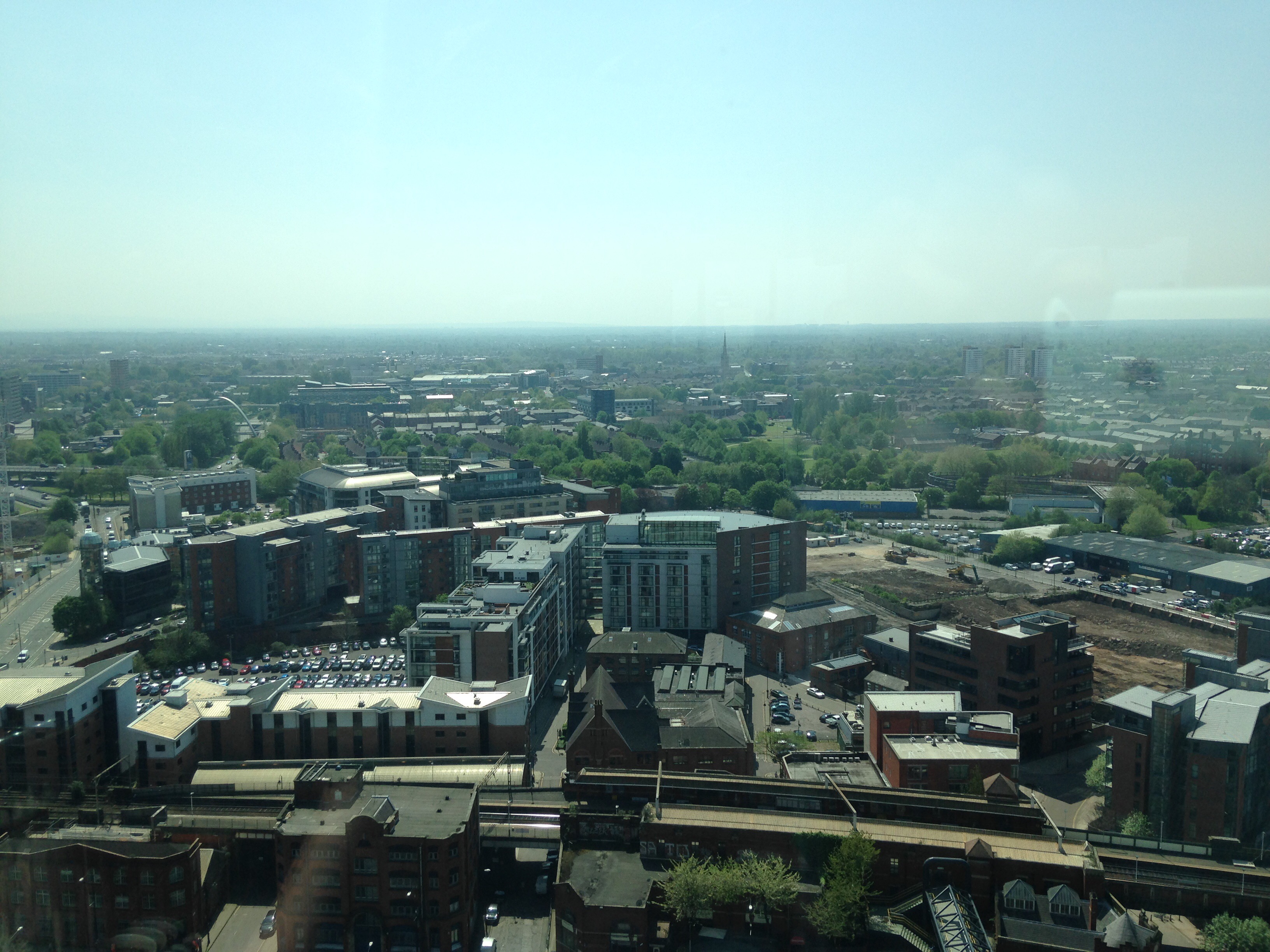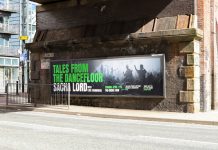The second city is in for an exciting year in 2017.In May we will have a new elected Mayor for the region, before that in March, after two decades at the helm, Manchester’s Chief Executive Sir Howard Bernstein will be stepping down and in January we will discover the identity of the Executive of the Combined Authority.
It will be the start of a new era.The two knights in the Town Hall have presided over the dramatic changes across the city which commenced with the audacious Olympic bid through the IRA bomb and the redevelopment of the city centre, the public, private capital partnerships, Salford Quays, New Islington,the list is endless and looks set to continue across the rest of the decade.
In that time, outside of London and the South East, Manchester has outperformed the rest of the English regions and has led the way in showing how an economy can be transformed in this post industrial era.
However there have been criticisms, notably that all this regeneration hasn’t benefited the whole population of the city equally.This was recognised back in 2009 when the authors of the Manchester Independent Economic Review, published in 2009, found that in the first decade of the new millennium, while in absolute terms, every part of the city improved, inequality in the city had actually sharply increased. The richest bits of the city got richer at a much faster pace than the poorest bits.
It was a riposte to the theory that constantly came out of the Town Hall, that trickle down economics works, clearly in this instance it didn’t.
The second criticism was that made by amongst others Owen Hatherley, the Marxist architectural critic,who argued that Manchester has lost its soul, it has swapped pop music for property redevelopment.
2016 has seen many examples of both of these issues.Back in August of this year, a major report by the Joseph Rowntree Foundation and The University of Manchester concluded that the UK’s third largest English city-region economy outside London still had 620,000 people living in poverty.
While the region had created 85,000 more jobs in 2014 than 2011, with a further 111,000 forecast by 2024, an estimated 620,000 people, including 180,000 children, were living in poverty in the city and there were 585,000 residents living in neighbourhoods which are in the most deprived 10% in the country. Furthermore employment rates for disabled people and those from ethnic minorities lag behind the UK average.
Professor Ruth Lupton, lead author of the report and head of the Inclusive Growth Analysis Unit, said at the publication of the report that : “ levels of poverty and inequality remain so high in Greater Manchester is unjust and a waste of too many people’s talents and energies. We urgently need to find ways to include more people in the benefits of increased prosperity”.
On the second issue, there will be many new restaurant, bar and hotel openings in 2017, but residents will be carefully watching the developments over the controversial Jackson’s Row proposals in the city centre.Will the tide of luxury apartments, shopping centres and towers be stopped, while the plans for Piccadilly Gardens, again more bars and restaurants will begin to take shape.
Meanwhile while the streets shine with gloomy new buildings, in the doorways and alleyways are the sad face of the city, the homeless. Anyone living or working within the city will be in no doubt that this issue on the increase.
The authorities have been slow to respond, comments made by Council leader Sir Richard Leese that eighty per cent of Manchester’s street beggars are not homeless and they are heading here because Mancunians are generous hardly put the authorities in the best of light, but there are growing signs that political support is slowly being mobilised, although it has taken private enterprise and charity for that to happen.
The tragedy of the fire in Chinatown just before Xmas in which two homeless people seeking shelter from the winter nights has only made the situation more urgent.
This year will see changes in the way that Manchester is set to be run.The Knights Duo at Albert Square will be broken up with the retirement of Chief Executive Sir Howard Bernstein.
He is to be replaced by Joanne Roney, current Chief across the Pennines in Wakefield. With a background in housing having started at the age of sixteen as an apprentice at Birmingham City Council, we will hope that she make choose to focus more on the needs of the people than that of Commerce.If nothing else, unlike Sir Howard, she is engaged in social media and will maybe listen to the voice from the streets.
In May comes the elections for a Mayor for Greater Manchester.Barring a Trump Esque people’s revolution, the title will go to Andy Burnham, MP for Leigh,former candidate for Labour’s top job and Health Secretary in the last Labour Government.
Burnham was not the choice of the existing Manchester party grandees, who would have preferred a smooth succession to the Interim Mayor, Tony Lloyd.Burnham has indicated that his priorities for the region will be different to the current City of Manchester dominated agenda and has in recent weeks challenged his party over putting the single European Market ahead of the public concerns over immigration.
Seven of the ten areas of Greater Manchester voted to leave the EU back in the summer, showing the discontent the region has with its voters.
The devolution deal will give the region control over its £6b health budget and will target the fact that many areas within the region display some of the worse health statistics in the country including smoking, life longevity and heart disease.It will be feat to tackle those issues while the pressure will be on to reduce overall NHS spending.
So the New Year will bring its challenges to the region, but we hope als that it will provide opportunities that will mean that Manchester will once again show the world the direction.
Happy New Year







